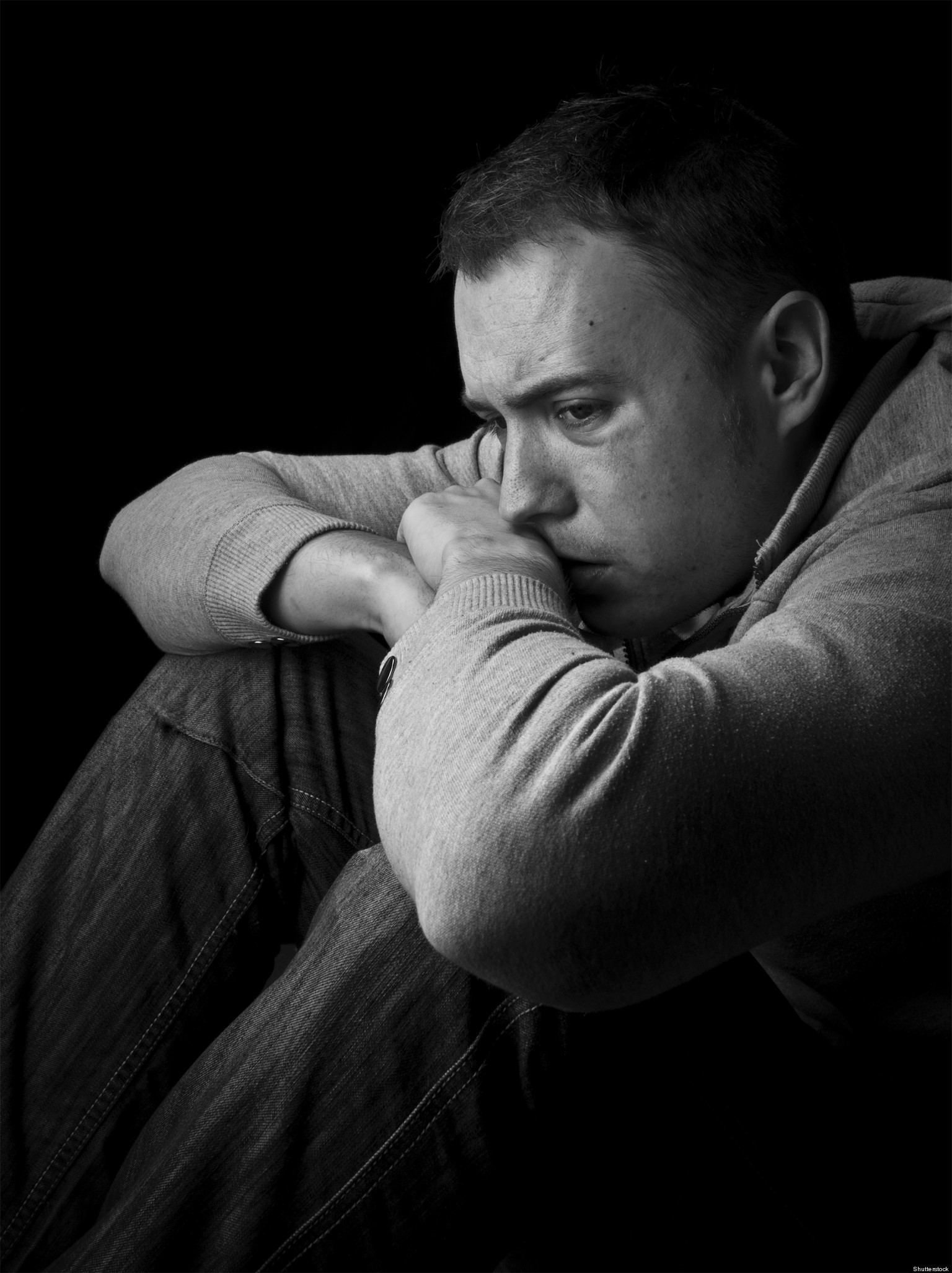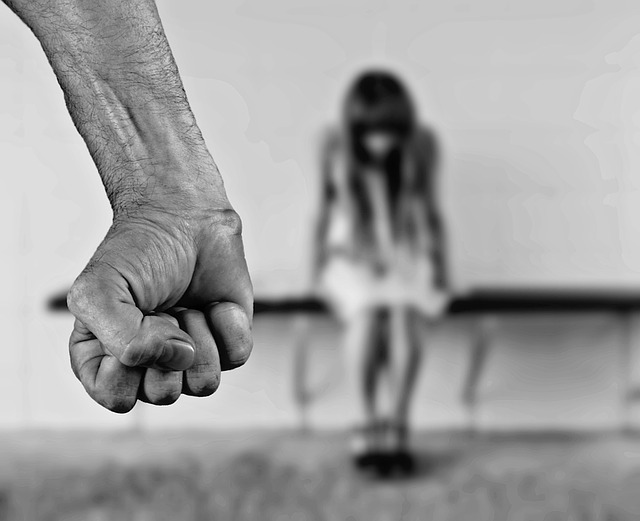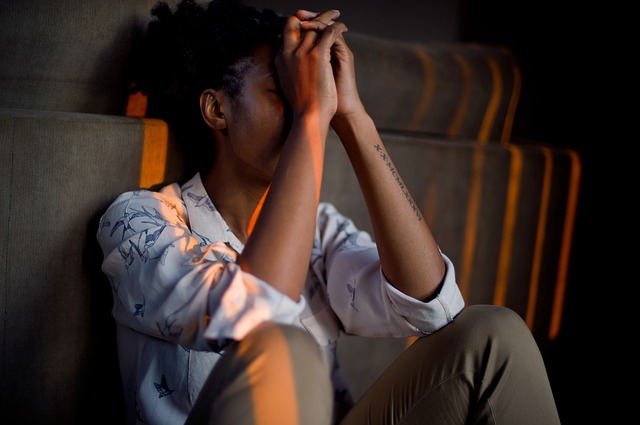Grief is a strange thing. It comes and goes. Sometimes it lasts for years on end.
Sometimes you go days without respite, followed by weeks wherein you feel as though life is finally getting back to normal.
Then it all may come rushing back.
Eventually, you will feel better. But there is no set grief timeline. It’s all about your own feelings, thoughts and emotions.
How long does grief last? It depends on the person.

Family Doctor claims that grief can last for years, but that the feelings may begin to fade as soon as 6 weeks after the occurrence of a major loss.
It’s important to fully understand the grieving process and know your own normal.
That’s why we’ve put together this article. We’ll go through the stages of grief, explaining how the nature of your loss can affect the length of time you’ll grieve.
Although there are guidelines for grief, everyone experiences it differently. There is no “right” or “wrong” way to grieve, though there are ways to help yourself feel better.
How Long Does Grief Last: The Five Stages of Grief

Elisabeth Kubler Ross first published the idea of the five stages of grief, which are widely accepted as a normal process today.
While it is not guaranteed you will feel all of these stages or experience them in any sort of order, it’s important to know about this process.
You’ll be able to recognize each of the 5 stages as they pass over you, and see your emotions reflected in them.
1. Denial

Denial comes directly after you hear about the loss. It manifests along with shock, and is your mind’s natural defense system against unbearable information.
2. Anger

Once you begin to come out of denial, your first emotion may be anger. You’ll feel rage against the injustice having someone taken from you. It’s perfectly normal to feel this.
3. Bargaining

Another way to think about this stage is as the stage of “what if”. You’ll think of all the things you could have done to prevent the loss. You may find yourself stuck in a conversation with a higher, trying to bargain your loved one back to you.
4. Depression

Once you’ve exhausted your mental resources fighting against feeling your pain, you’ll begin to experience the sadness and loneliness that comes with loss. This stage can last weeks, months, or years.
5. Acceptance

Accepting your loss doesn’t mean that you stop feeling pain. It just means that you come to terms with the loss
How Long Does Grief Last: A Planned Loss
The loss of a loved one is never easy.
Even when you are expecting it and have been for months or years, death is difficult to deal with.
So how long does grief last when you expect the loss?
The death of a very old person is the natural order of things. However, that doesn’t mean that you can just pick everything back up and move on.
But sometimes people expect you to do just that. Especially if you have other obligations like children, society expects you to move on extremely quickly.
It’s entirely possible that the grieving time for an expected death may be shorter than the time it takes to process an unexpected loss. But it isn’t necessary for you to try and shape your feelings to fit what you think you “should” feel or not feel.
The Huffington Post suggests that grief comes and goes, rather than ending suddenly. You may never be the same after a devastating loss.
But you have to take time for yourself. Feel your feelings. Don’t let anyone rush you through the process just because they think you should be “over it” by now. There’s a chance you’ll never be over it.
But in time, you will heal.
How Long Does Grief Last: An Unexpected Loss
How long does grief last when you’re dealing with a completely unexpected loss?
The grieving process can take significantly longer when your loss was sudden, violent or senseless. This kind of trauma can evoke emotions many people didn’t know they were capable of.
Psychology Today claims that feelings brought about by sudden loss can be quite profound. Oftentimes shock, denial and disbelief crowding out other emotions like sadness.
“It just doesn’t seem real”.
“These things only happen to other people”.
“He was just here yesterday”.
The mind comes up with all sorts of reasons that the loss should or could not have taken place. You may not fully realize that the person is gone for days or weeks.
Because the brain revolts against the reality of the loss, it can take much longer to reach the stage of acceptance. You just haven’t been able to prepare for it at all.
How Long Does Grief Last: Living Life in the Face of Adversity
It’s incredibly difficult to accept the loss of a loved one. You don’t have to push yourself through it or feel like you need to move on right away.
Simply living your life after a death means you are carrying on in the face of adversity, so cut yourself some slack.





